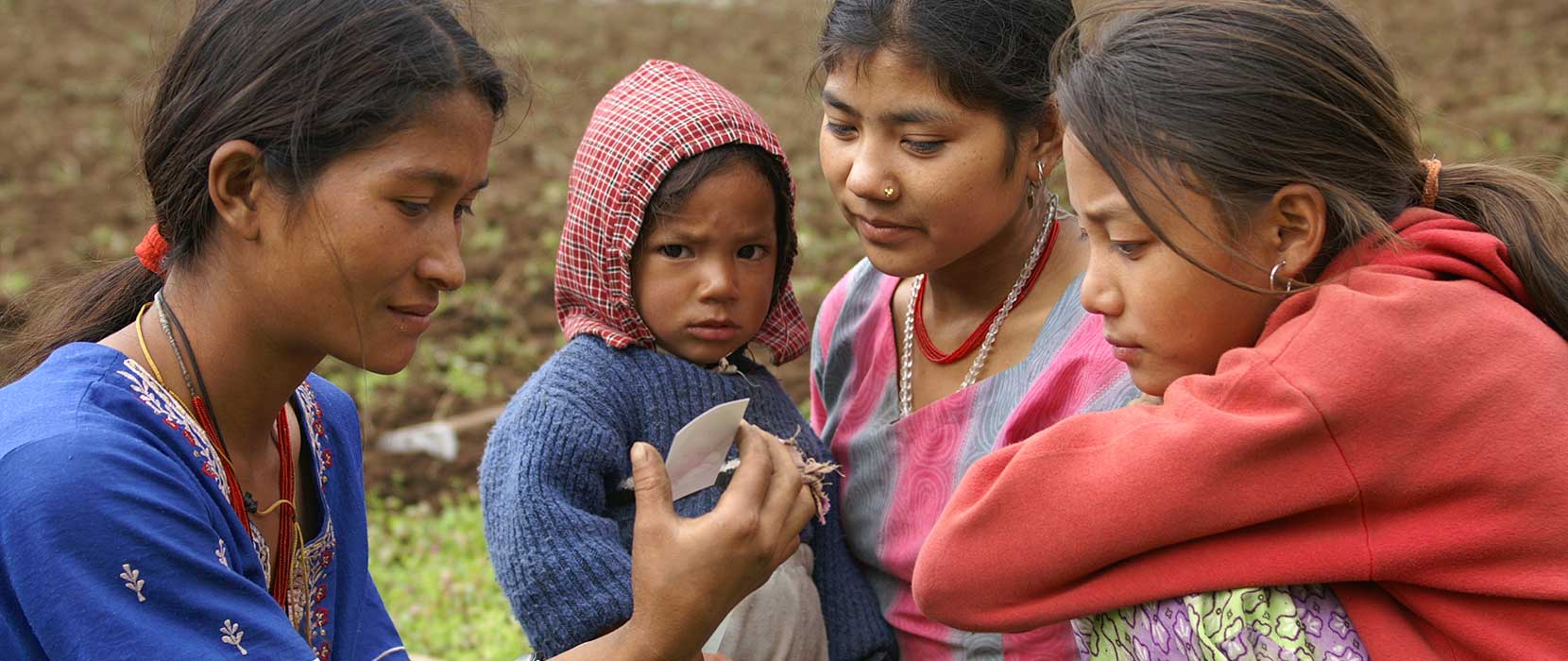PEACEBUILDING IN NEPAL
Dr D.B. Subedi has ‘reconceptualised the processes of ideological radicalisation in armed conflicts and proposed a new “integrated recovery framework”, combining social capital, social cohesion, and livelihood capitals’.
Researcher: Dr D.B. Subedi School of Humanities
Dr Dambaru Ballav Subedi returned to academia after working for more than ten years in peacebuilding, violence prevention, and development throughout South and Southeast Asia, in places such as Nepal, Sri Lanka, and Myanmar. Dr Subedi’s doctoral research examines the ideological radicalisation of Maoist combatants and how they could be rehabilitated and reintegrated back into communities in Nepal.
In this research Dr Subedi ‘reconceptualised the processes of ideological radicalisation in armed conflicts and proposed a new “integrated recovery framework”, combining social capital, social cohesion, and livelihood capitals’. This approach recognises the role of ex-combatants’ families, social networks, communities, and the private sector in transferring the identity of ex-combatants into a normalised civilian framework. This work has already played a key role in shaping real-world policies on the ground. In 2014 and 2015, Dr Subedi was invited by the Armed Violence Reduction and Community Security Promotion project – a joint initiative by the United Nations Development Program, and the Ministry of Home Affairs, Nepal – to develop a Community Security Planning Manual that applied the ‘integrated recovery framework’ to enhance community engagement in security promotion and violence prevention. UNDP Nepal has now adopted and integrated the social capital approach in its programs.
Dr Subedi’s postdoctoral work, since joining UNE as a lecturer and researcher in Peace Studies has since examined how and why young people have been mobilised in political violence in Nepal when peacebuilding is already in progress in the country. Early findings point to the drivers and causes of young people’s involvement in political violence and armed conflict being rooted in structural and societal conditions as well as the agency of mobilisers. Therefore, demobilising people from both political and radical violence – and rehabilitating those already involved in armed conflicts and radical violence – needs an integrative approach, which addresses societal and structural drivers as well as creating ‘incentive systems’ for disengaging young people from mobilisers. One conclusion of Dr Subedi’s research shows that it is crucial to foster social capital through links with family, kinship networks, social trust, and social and political participation, as well as livelihood capital.
Dr Subedi’s research has been successfully applied and tested in other work with NGOs and industry partners, notably in work conducted for UN Women in Sri Lanka and with UN Women in Myanmar.


